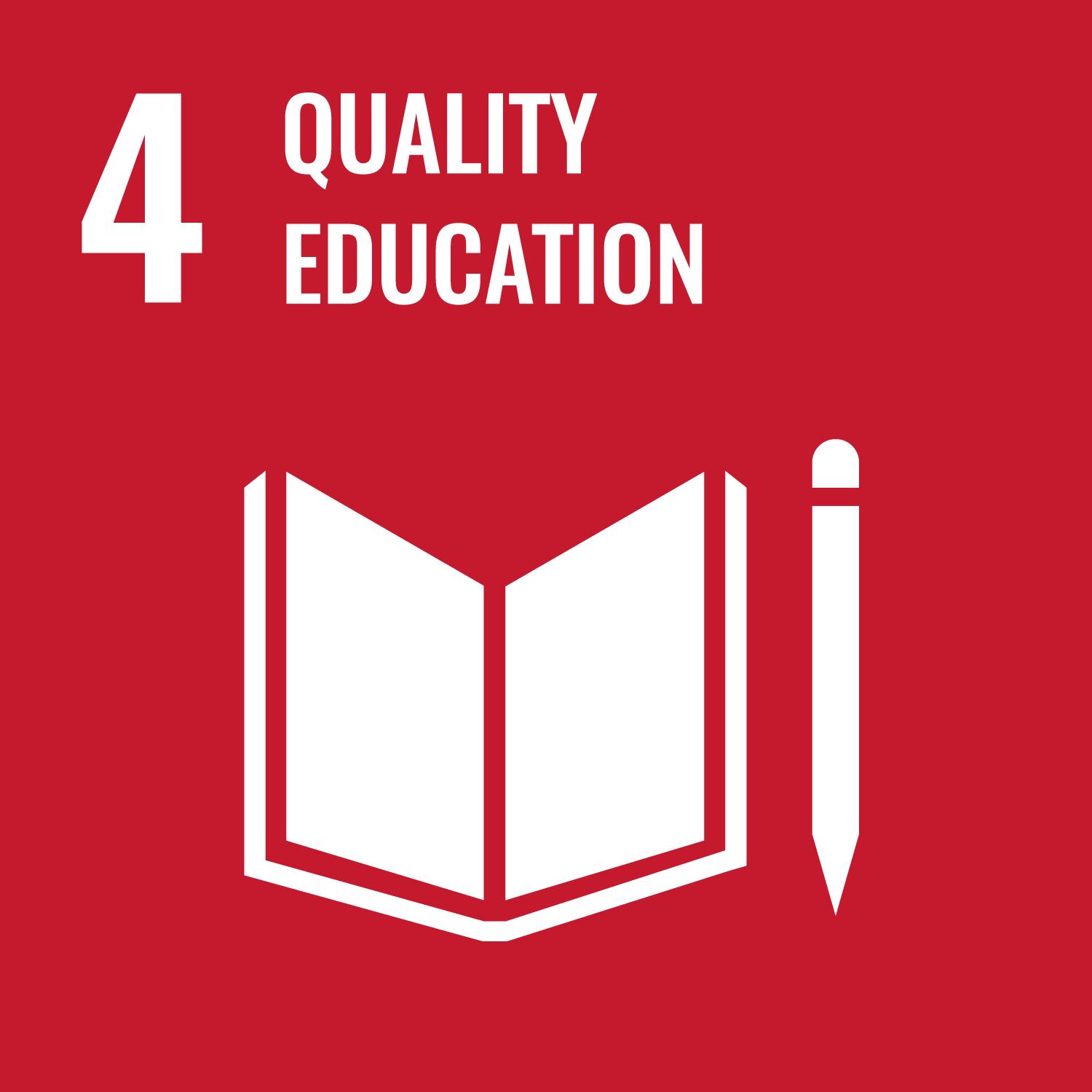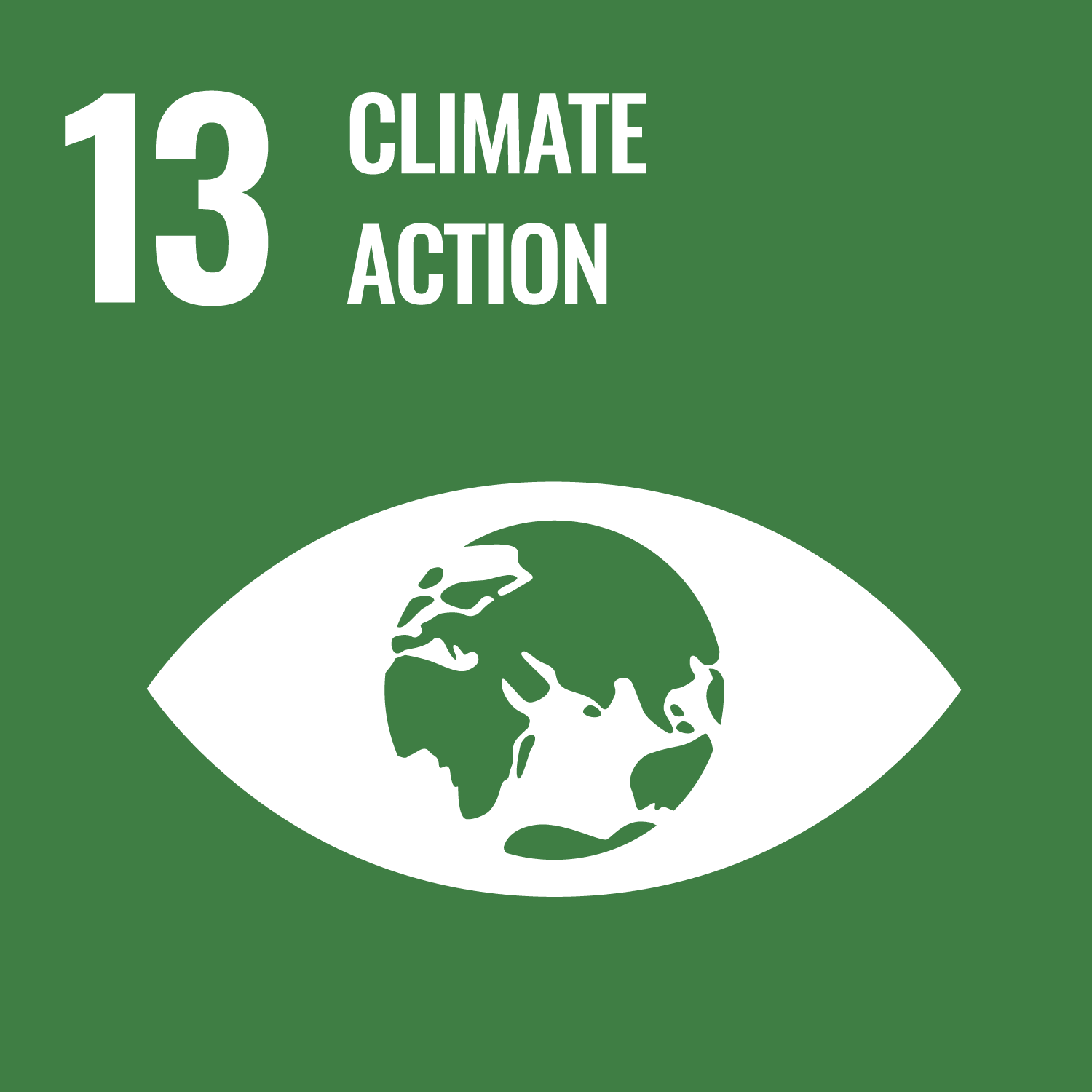
Sustainability Sciences: a new Sapienza teaching subject for all degree programmes
On Thursday, March 21, the Academic Senate room will be hosting the inauguration of the training course, in Italian, "Le Scienze della sostenibilità: la transizione culturale, ecologica e digitale" (Sustainability Sciences: Cultural, Ecological and Digital Transition). The deadline for registration has been extended to March 17, 2024. This will be an opportunity to present what will be implemented in the academic year 2024-2025 when the course will effectively become a teaching module.
"In line with the UN Agenda 2030 goals, Sapienza places itself at the service of the community to promote the cultural transition currently underway by teaching sustainability in its various forms, aimed at students of all degree programmes and using the numerous areas of expertise of our academic staff, which represents the added value of a generalist university," says Rector Antonella Polimeni. 'With this initiative, we want to train new generations and equip them with effective tools in the field of green jobs, many of which will represent important and innovative employment opportunities in the near future".
This experimental educational initiative aims to promote a sustainability literacy process with the transdisciplinary character that a university like Sapienza can provide, involving lecturers from the various cultural areas present in its 57 departments. The strategic horizon is to build an educational and training policy shared by all disciplines committed to sustainability, allowing the development of transversal skills for those enrolled in all degree programmes, first and second level, Advanced Professional Courses (Master, in Italian) and PhDs. The interest is to apply one's own specificities and sustainability perspectives to contribute to cultural development in which the possibilities for new occupations concern transdisciplinary promoted activities. The opening day, which will be introduced by the Rector, will feature numerous speeches and contributions, including those of Patrizia Lombardi, President of RUS Network of Universities for Sustainable Development, Ermete Realacci, President of Symbola, Enrico Giovannini, Scientific Director of Asvis, and Stefano Laporta, President of Ispra. Livio De Santoli, Deputy Rector for Sustainability, will close the event with a presentation of the 2024 course.
"A correct ecological transition must be integrated into an economic-cultural model that is different from the current one, which also involves social and economic transformations. To strengthen the disciplinary integration component of the innovation system, it is necessary to start from the university mission of education," says De Santoli. "Our course is pioneering in this respect because it promotes a collaborative, transversal review of knowledge for the evaluation, identification, aggregation and practical application of innovative solutions, as well as the definition of new employment prospects, both in terms of training and reskilling".

